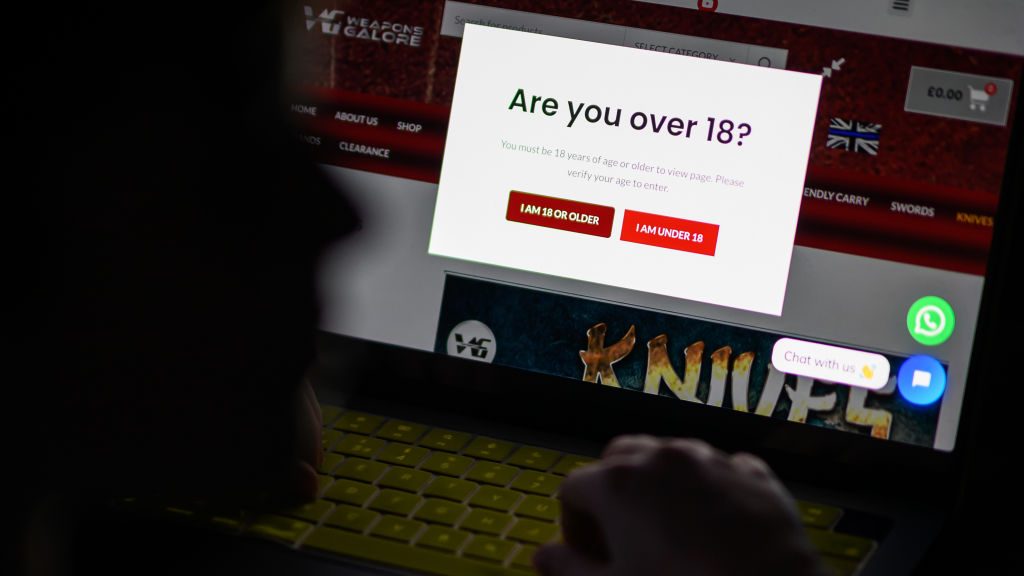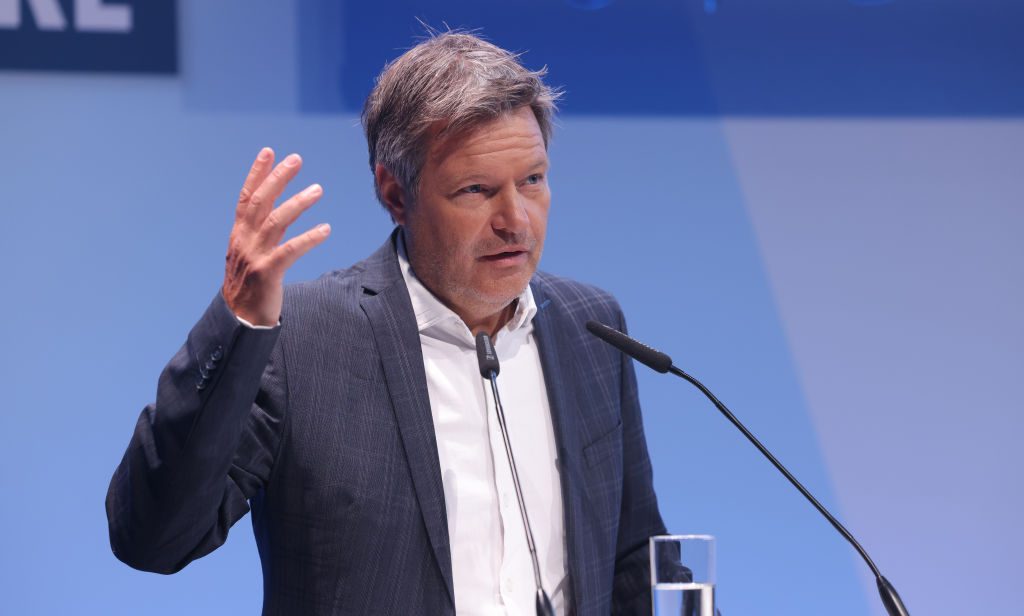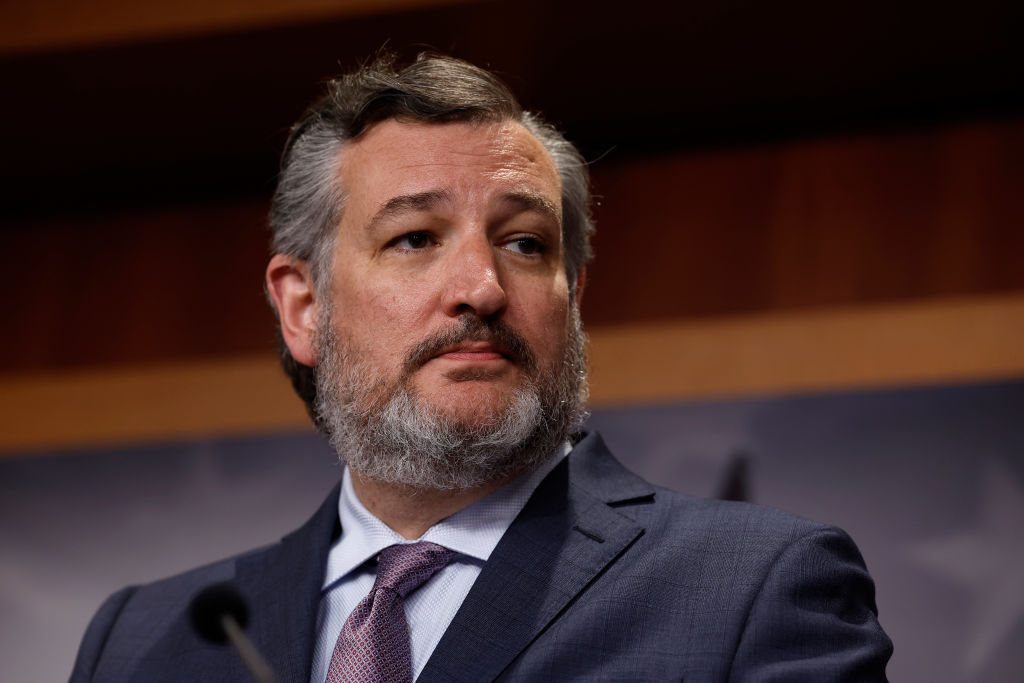The European Union’s Digital Services Act (DSA), a piece of legislation partly aimed at censoring the internet in the bloc, is about to come into force.
Initially passed late in 2022, the new rules allow Brussels to designate social media sites as “very large online platforms” (VLOPs), with those given the designator required to follow additional regulations if they wish to continue operating within the EU.
Having initially been singled out by the European Commission in April 2023, the first 17 organisations to be determined as VLOPs will officially become beholden to the regulations as of August 25.
Such platforms include Elon Musk’s X (formerly Twitter), the Chinese Communist Party-linked TikTok, Meta’s Facebook and Instagram and a whole host of services owned and operated by Google.
Under the legislation, these services must now follow the requirements of the DSA to the letter or risk facing a variety of penalties such as fines of up to 6 per cent of their global revenue.
The EC also has the power to completely cut off rule-breaking platforms from the EU internet should Eurocrats feel they are guilty of a sufficiently heinous offence.
The Europe Union’s Digital Services Act (DSA) will help protect children from pornography, according to EU internal market commissioner Thierry Breton. https://t.co/sQskX5bBQX
— Brussels Signal (@brusselssignal) August 11, 2023
Is DSA the dawn of a brave new internet age?
EU officials have been keen to sell the DSA – along with its sister Digital Markets Act – to the public as legislation that empowers European citizens.
Such a position is not entirely lacking in merit, with the legislation giving users within the bloc a whole slew of additional rights.
For instance, VLOPs will no longer be allowed to ban or limit someone’s access to their own account without explanation.
Any decision made for such bans will also be subject to appeals, with “netizens” having the option to first appeal any ban to the service itself and then to an external body if they are unhappy with the ruling given.
EU users will then even have the ability to take their ban to a real-life court if they remain unsatisfied with how their claim has been dealt with.
As of tomorrow, the #DSA becomes legally enforceable.
Very large online platforms & search engines have had enough time to adapt to their new #obligations.⁰
We offered ‘#StressTests’ to help them understand their requirements.The real test begins now.
⁰?⤵️ pic.twitter.com/8dXjdPuzQU— Thierry Breton (@ThierryBreton) August 24, 2023
EC crows over its new web powers
VLOPs will also be banned from utilising various types of psychological manipulation on their users, with the use of so-called “dark patterns” designed to trick users into taking certain actions being forbidden under the DSA.
Social media firms will also being forced to implement a slew of EU censorship demands, including that they “expeditiously” remove any and all “illegal content” such as “hate speech”.
Designated platforms will also be mandated to implement restrictions on so-called “disinformation” and will be forced to repeatedly report back to EU authorities on what steps they are taking to reduce the spread of information the bloc deems problematic.
Members of the EC have even bragged about the power they now hold over European social media, with Internal Market Commissioner Thierry Breton saying that the bloc could have a social media platform removed from the EU internet within a matter of hours under the new rules.
Meta, the owner of Facebook and Instagram, has announced changes to its social media platforms in response to new European Union censorship laws coming into force. https://t.co/P93ZmsvM6r
— Brussels Signal (@brusselssignal) August 23, 2023
Is Big Tech concerned by new DSA rules?
Despite what some see as the Draconian requirements imposed by the legislation, the reaction from international Big Tech has been relatively mixed.
Musk’s X has been seen as the primary critic of the legislation, with the billionaire’s pro-free-speech vision seeing him butt heads with Breton repeatedly over the past few months.
Even with the tensions, the SpaceX rocket company founder has nevertheless vowed to implement the DSA as required.
Other platforms appear to be far more ambivalent about the legislation, with the likes of TikTok simply announcing that it was putting in place the changes required by the EU in time for the August deadline.
Some even welcomed the arrival of their new internet overlords, with Meta’s president of global affairs and former UK deputy prime minister Nick Clegg praising the DSA on behalf of Facebook and Instagram.
“Meta has long advocated for a harmonised regulatory regime that effectively protects people’s rights online, while continuing to enable innovation,” the former Liberal Democrat leader said in a recent press release.
“For this reason, we welcome the ambition for greater transparency, accountability and user empowerment that sits at the heart of regulations like the DSA.”
The European Union’s censorious Digital Services Act is compatible with freedom of speech, European Commissioner for Internal Market Thierry Breton has stated. https://t.co/spBwhZgL2g
— Brussels Signal (@brusselssignal) July 28, 2023
Are free-speech advocates worried by DSA?
Such positive sentiments were not shared by many civil rights organisations in the EU, with a number expressing concerns regarding the impact the new rules would have on freedom of expression.
Free Speech Ireland spokeswoman Sarah Hardiman said: “It claims to play a roll in downplaying risks of online communication and services. However, much like hate-speech legislation, it enables extremely wide-ranging powers for governmental organisations.”
Hardiman went on to criticise the DSA’s ability to “shut down large social media platforms with very little notice”.
“It has the power to censor and control speech deemed unfavourable to the EU,” she said.
This latter concern has been a major sticking point for the legislation, with more than 60 NGOs writing to Breton in July to demand he walk back on threats the EU would look to use the DSA to cut off social media.
Breton openly refused the demand, insisting that such shutdowns were fully compatible with freedom of speech.
A US Senator has accused the country’s Federal Trade Commission of working with the European Union to help it impose its online censorship laws. https://t.co/SOnREIFUim
— Brussels Signal (@brusselssignal) August 24, 2023
Foreign lawmakers react to EU’s new web rules
Pro-free-speech organisations are not the only ones who dislike the new law.
Writing to the US Federal Trade Commission recently, prominent US Senator Ted Cruz alleged that the DSA unfairly targeted American businesses, describing the legislation as “Draconian”.
He also wrote to the EU’s newly established office in San Francisco, accusing it of being a forward operating base to help enforce the DSA in a foreign country.
“Facts indicate that the EU likely opened the San Francisco office to ensure that US businesses comply with its new draconian regulations,” he claimed.
Cruz went on to demand that the office hand over documents to US authorities detailing the identities and roles of American government employees, officials and business representatives who have visited the outpost since it opened last September.
Speaking to Brussels Signal, a spokesman for the EC refused to confirm or deny whether it was planning to meet the demand.
“As a general rule we do not comment on correspondence received from third parties,” said EC foreign affairs spokesman Peter Stano.
Brussels internal market Commissioner Thierry Breton issued veiled threats against China’s TikTok social media platform after it failed to comply fully with incoming EU data regulation laws. https://t.co/w5fYpohGS3
— Brussels Signal (@brusselssignal) July 19, 2023
Should social media firms prepare for hefty fines?
With this being the first time that social media platforms will be in the firing line of the legislation, it remains unclear how zealous the EC will be with handing out penalties.
Some commentators have predicted that it may not take long for fines to start flying, with a number of platforms having stuck their heads above the proverbial parapet over the last number of months.
Punishments for rule-breakers may still be a little while off, with an EC spokesman telling Brussels Signal that some platforms will have some leeway due to notification periods.
“In principle, the deadline is 25 August,” he said. “In practice however, this date may vary slightly.”
The European Union’s censorious Digital Services Act is compatible with freedom of speech, European Commissioner for Internal Market Thierry Breton has stated. https://t.co/spBwhZgL2g
— Brussels Signal (@brusselssignal) July 28, 2023





